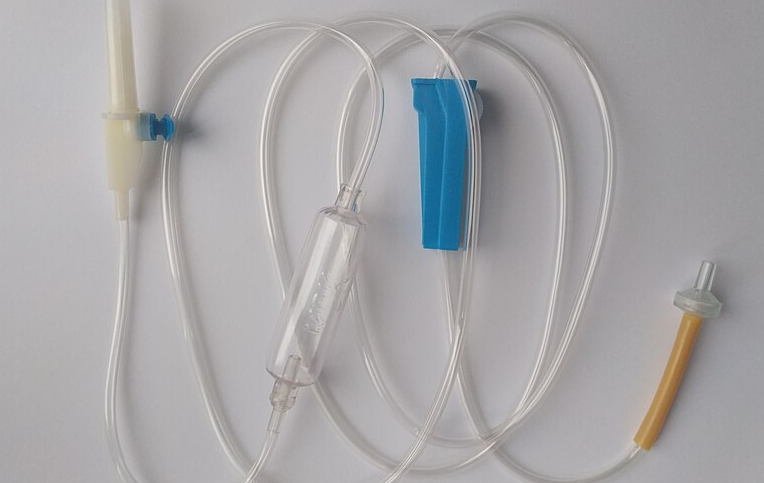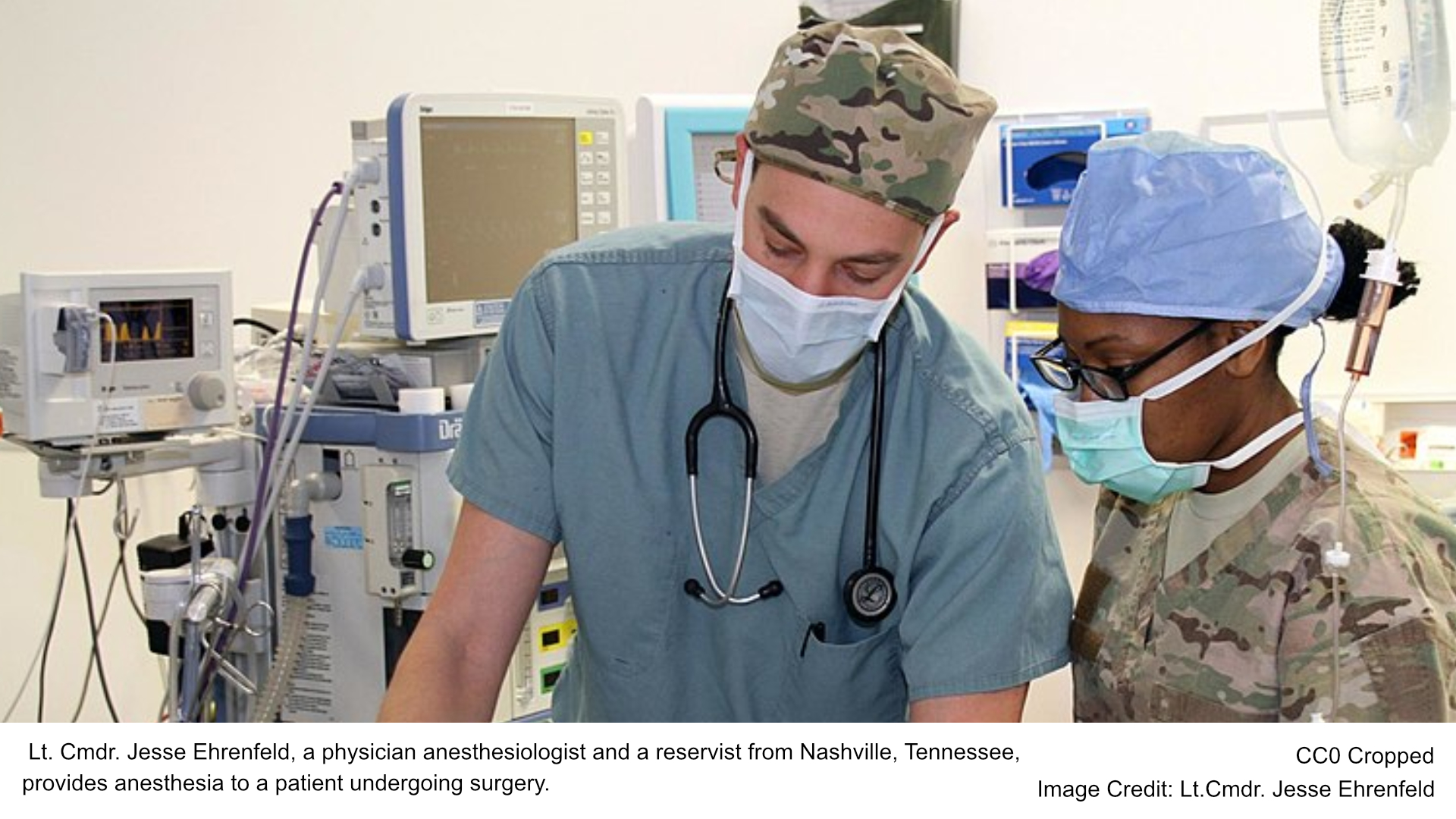The recent hurricanes that have swept across the United States, particularly Hurricane Helene, have highlighted vulnerabilities within the healthcare supply chain. A critical shortage of intravenous (IV) fluids has emerged as a direct consequence, posing significant challenges for hospitals and healthcare providers nationwide. The disruption stems from the flooding of Baxter International’s North Cove facility in North Carolina, a key supplier of IV fluids to the U.S. healthcare system.
As reported by various news outlets, including CBS News, the cessation of production at Baxter’s facility has created a substantial gap in the supply chain. This plant is responsible for producing about 60% of the nation’s IV fluid supply, and its temporary closure has forced the company to collaborate with federal agencies to expedite recovery and mitigate supply disruptions. Meanwhile, other manufacturers, such as B. Braun and ICU Medical, are stepping up production efforts to help bridge the supply gap.
The impact of the shortage is being felt across healthcare systems, with institutions like Mass General Brigham and UVA Hospital taking immediate steps to conserve their limited supplies. The shortage has necessitated the postponement of elective surgeries and a shift towards alternative hydration methods to ensure that critical care needs are met. Dr. Paul Biddinger of Mass General Brigham described the situation as one of the most severe supply challenges they have encountered.
In light of the crisis, the American Hospital Association (AHA) has urged the government to declare the shortage a national emergency and to leverage the Defense Production Act to boost production capacity. Dr. Chris Derienzo of the AHA stressed the importance of a coordinated national response, emphasizing that hospitals from coast to coast are grappling with the effects of the shortage.
Healthcare providers are adapting to the current constraints by revisiting patient care protocols and exploring innovative solutions to manage fluid supplies. Dr. Kenneth J. Perry, an emergency physician, highlighted the necessity of a team-based approach to mitigate the shortage’s impact. He noted that IV fluids are essential for treating a variety of conditions, from dehydration to infections, and underscored the importance of maintaining vigilance and flexibility in patient care.
The lessons learned from previous supply chain disruptions, such as those following Hurricane Maria in 2017, are proving invaluable as healthcare providers navigate the current crisis. The ongoing efforts to restore production at Baxter’s facility and increase output at other manufacturing sites are crucial in addressing the IV fluid shortage. As the nation works to strengthen its healthcare supply chain, the resilience and adaptability of hospitals and providers will be critical in ensuring that patient care remains uninterrupted.





